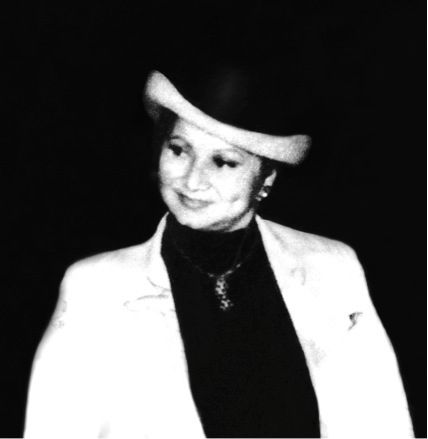Well, here's the thing.
Take the OP's example 90% of people enrolling in engineering courses being male- a statistic that may be hokum, and is offered without clarification as to where or at what level, but for the sake of discussion let's say university/college level.
Now, one possibility is simply that a much greater number of men are interested in engineering than women.
Another possibility is that many girls are told from an early age that math and the hard sciences are unfeminine. Assuming they make it through that particular cultural "hoop", they then face classes in which a disproportionate number of their fellow students are male, and possibly unwelcoming within what they see as their domain. Also that more of their teachers will be male. That progresses through years of schooling, each subsequent year causing more of the shrinking pool of female students in those classes that would form the groundwork for studying engineering to peel off, deciding that the field isn't for them or that it isn't worth the trouble. By the time you get to the college/university level, you're left with that 10%.
Is that, then, a matter of diversity? Or is that a matter of inequality? The female students may not have been out-and-out denied the option to choose the engineering-major courses, but if they were discouraged at every opportunity from creating the foundations that would make those courses appealing or given them a chance to be successful in them, the difference begins to seem rather vague at best.
Arguably, the same could be said of games. Sure, there are a disproportionate number of male game designers, and the demographics for game consumers still slant towards men (though far less so than they used to.) But if female gamers rarely see characters they find relatable, if the culture that surrounds games constantly treats them as little more than eye candy whether they're characters or fans at a convention- why would that change? How many people are stubborn enough to devote large parts of their lives to becoming part of a community that seems to disdain them? It ends up being a closed circle: developers rise out of a community of mostly male gamers, they make games that mostly appeal to male gamers, the next generation of gamers are people those games appeal to, and so on.
Now to be clear, I'm not saying that every game needs a female character, or that developers must needs succumb to some sort of draconian quota system until we see an ass-kicking female action hero for every ass-kicking male action hero. I can sympathize with a statement like the one made by The Puppeteer's creator: I made the game I chose to make, and what business is it of yours; play it, or don't. Art doesn't thrive in an environment where the artist has to constantly second-guess him or herself, relying less on what is true in their heart and more on what some cautious demographic study says the audience wants to see.
But I do think there's room for far more female characters, and far more interesting female characters, than we are currently seeing; I think it's appalling that studios like Dontnod have to fight against the presumption that a female lead is commercially untenable, and that more creators should take making games with female characters on as an interesting challenge rather than a burden. If nothing else, our era has seen plenty of complaints about samey brown-and-grey cover-based shooter games; bringing in new perspectives has a potential to spark creativity, rather than restrict it.


